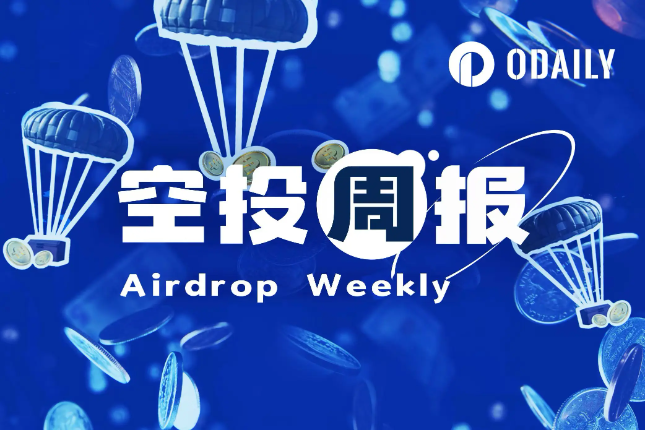Upcoming Airdrops and Funding Rounds in Blockchain Projects

In the latest developments in the blockchain space, several projects have announced airdrops and funding rounds that are set to take place from October 21 to October 27. One of the highlights is Ethereum L2 Scroll, which has opened its first airdrop application, allocating 7% of its total SCR supply. This airdrop targets community participants, ecosystem projects, industry contributors, and global community organizers. Scroll has successfully raised over $80 million in funding through various rounds, with significant contributions from Polychain and Bain Capital Crypto, among others.
Another noteworthy project is Grass, a Depin initiative on Solana that integrates AI technology. Grass has announced its Airdrop One, distributing 100 million GRASS tokens, representing 10% of its total supply. The allocation is designed to reward users who have earned Grass points and those who hold specific NFTs. Grass has raised over $4.5 million in funding, with its latest round led by Polychain Capital. The airdrop applications for Grass will open on October 28, 2024, creating excitement among its user base.
Additionally, Kelp DAO, a re-staking protocol based on EigenLayer, has opened airdrop applications for SCR tokens. The project raised $9 million in a private funding round earlier this year. Jupiter, a DEX aggregator, has also launched its Active Staking Rewards, distributing JUP and CLOUD tokens to active voters. The airdrop landscape is further enriched by projects like ALIENX and Ordzaar, which are also rolling out their airdrop initiatives. As these projects continue to innovate and engage their communities, the upcoming weeks promise to be significant for blockchain enthusiasts and investors alike.
Related News





